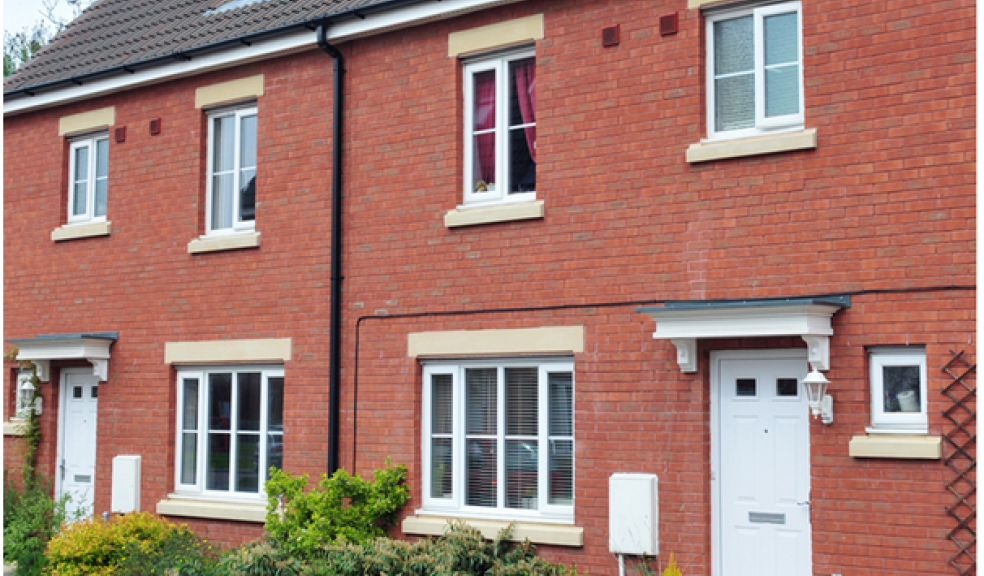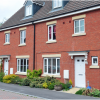
SW housing market ‘pauses for breath’
Demand for new homes in the South West fell in July, to the lowest level since October 2011, while the supply of new properties coming onto the market also decreased, according to the July RICS Residential Market Survey.
In the region, 7% more chartered surveyors saw a fall rather than rise in new buyer enquiries in July, with 16% more surveyors seeing a fall in new instructions – a decrease from a net balance of 0% last month.
As a result of the slackening in demand and supply, sales expectations in the region for the next three months remain at a lower level. With an average of 49 stock per surveyor in the region (down from 61 at the beginning of the year) 59% more respondents in the region have seen a rise in prices over the last three months, and 34% more respondents expect to see a rise in the next three months.
The average number of sales per chartered surveyor, however, increased to 26 (up from 22 at the start of the year). Across the UK as a whole sales expectations remain positive at both the three and twelve month time horizons, albeit a little less so than previously.
While there is a little more member caution reflected in some of the comments, prices are projected to rise in the South West over the next year and are expected to increase by 2.4% on a 12 month view.
Simon Rubinsohn, RICS Chief Economist, said: “A range of policy initiatives adopted by the Bank of England in recent months alongside heightened expectations surrounding a turn in the interest rate cycle has clearly had an impact on sentiment in the market. The shift in the mood music amongst potential buyers in the London market has been particularly pronounced but that is in a sense consistent with the move to a more sustainable market in the capital.
“Elsewhere around the country, the market in general is showing a greater degree of resilience, but that largely reflects the fact that in some areas the recovery has only recently taken hold and affordability is rather less stretched. Significantly, members now expect price gains over the next year to be faster outside of the Capital, than in it.”



















